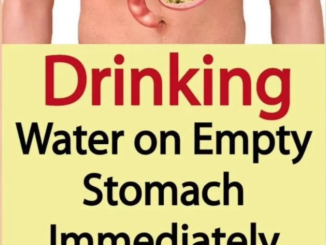WARSAW, May 18 (Reuters) – Denis Dziubanovskiy weighed only a perilous 1.5 kg when his Ukrainian refugee mother, traumatised by the war in her homeland, gave birth to him prematurely via caesarean section, leaving her unable to breastfeed him.
A UNICEF-funded milk bank in Poland set up for mothers in crisis came to the rescue of Evgeniya Loshkarova last September, giving Denis access to milk and his mother psychological support and lactation advice.
Loshkarova, who had been found unconscious by the police in her Warsaw apartment in her seventh month of pregnancy after a friend raised the alarm, said she was deeply grateful for the U.N.-backed milk bank in Poland – which has taken in hundreds of thousands of Ukrainians who fled Russia’s invasion.
“It is such a great help both for the baby’s health, and for the psychological comfort of the mother. When a baby is born prematurely, it is always very stressful, because something has gone wrong,” she said.
With the help of UNICEF’s programme, more than 300 mothers – about 20% of them from Ukraine – benefit every month from various services in 10 hospitals hosting milk banks in Poland.
“These are women who have difficulties in the initial stage of motherhood. They are under a lot of stress, some of them have suffered war trauma,” said Aleksandra Wesolowska, head of the Human Milk Bank Foundation.
“Therefore they really need lactation care and psychological support. This element of support is the most important. Milk from the bank is food, of course, but it is also the expression of female solidarity.”


